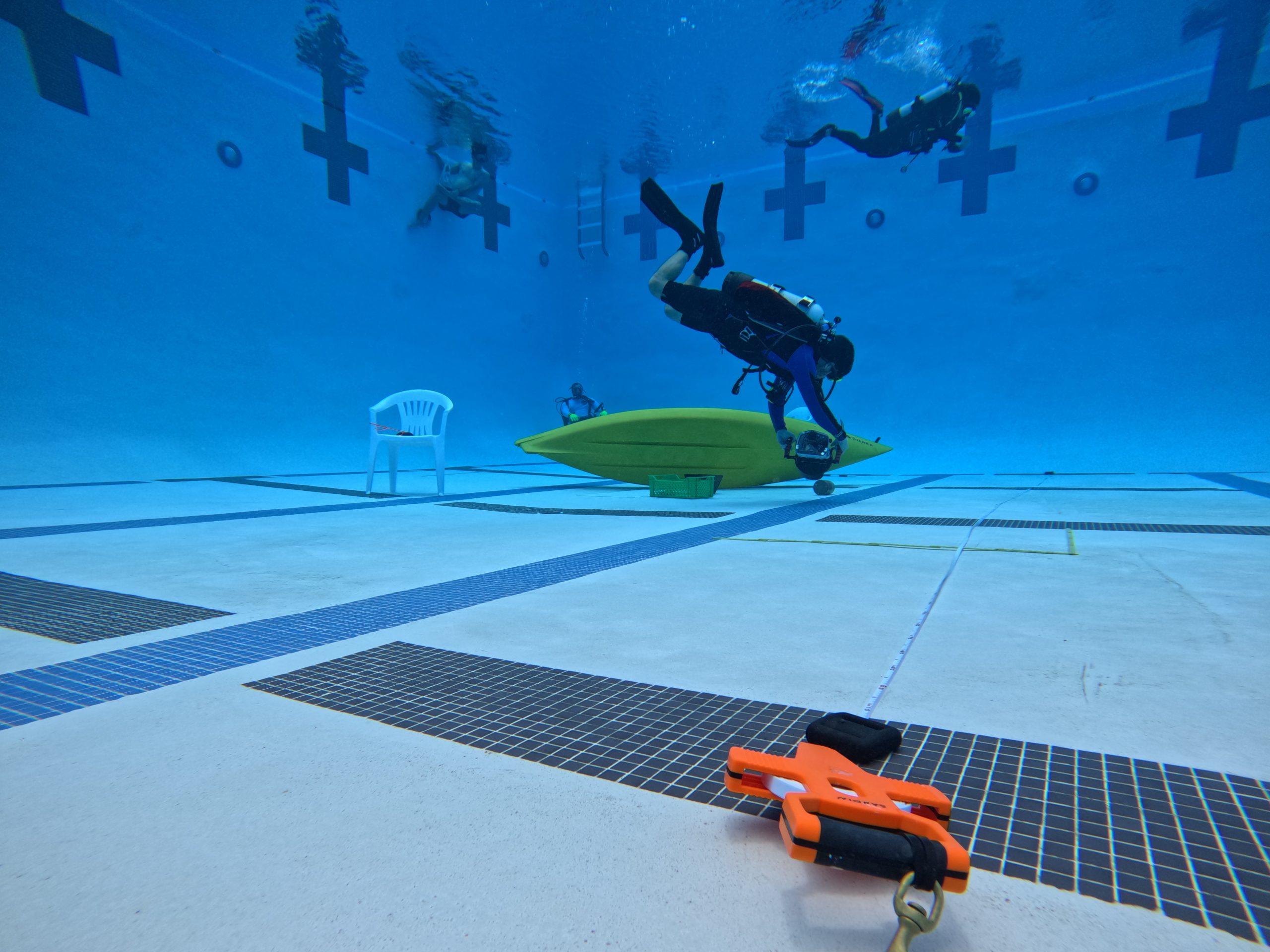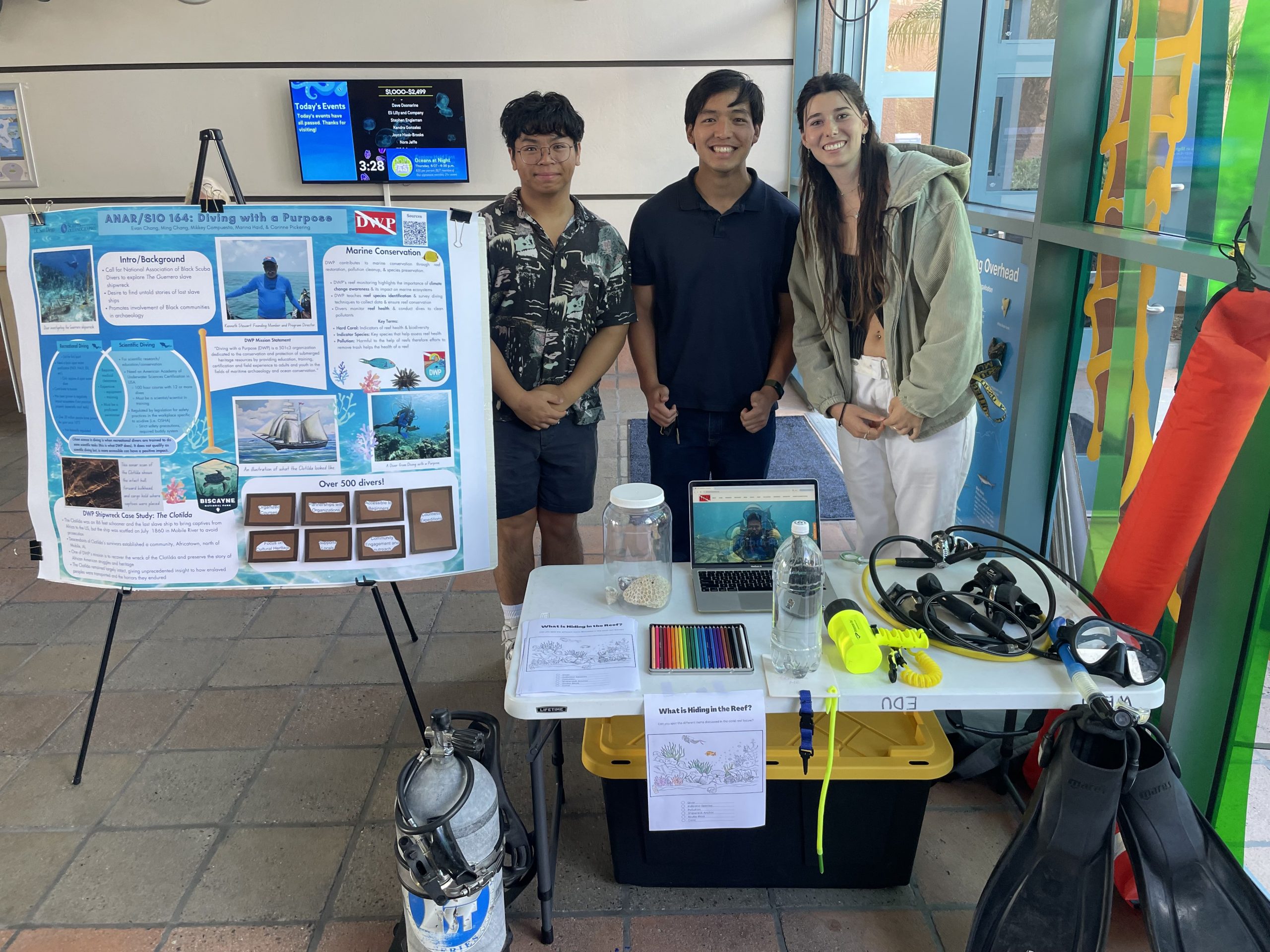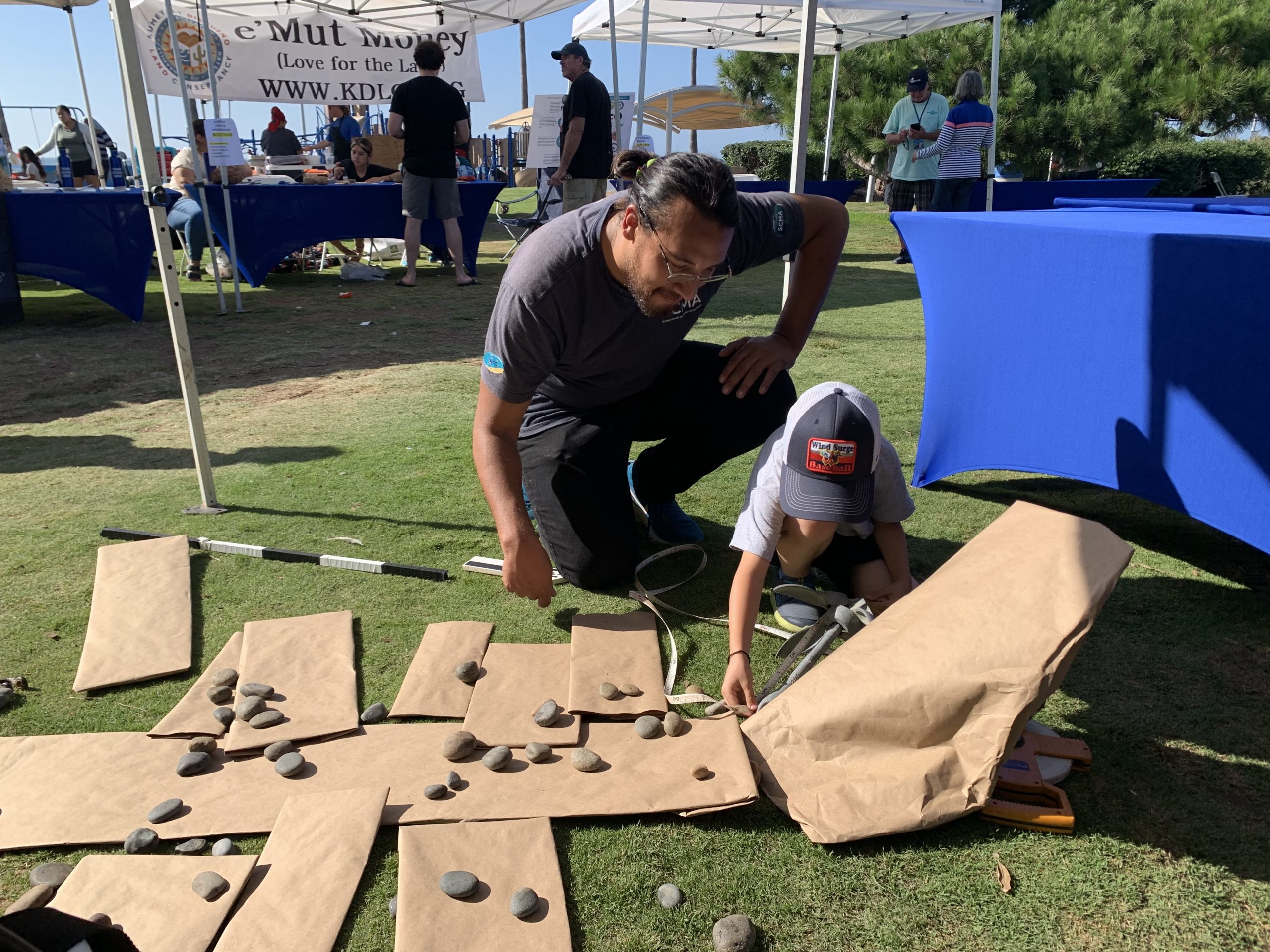THE SCRIPPS CENTER FOR MARINE ARCHAEOLOGY
Marine Environments and Human Society
Searching the Seas for Clues to Humanity's Past, Present and Future
NEWS
The Scripps Center for Marine Archaeology is proud to be a member of the
OUR PARTNERS
UNIVERSITY PARTNERS
Universidad de Puerto Rico (Rio Piedras, Mayaguez, Humacao, Arecibo)
Universidad Externado de Colombia
Universidad Autonoma de Yucatan
University College London
Lieden University
University of Haifa (Marine Geosciences)
Polytechnic University of Turin
University of Winnipeg
McMaster University
University of Nebraska, Lincoln
Northwestern University
Georgia State University
East Tennessee State University
University of Miami
GOVERNMENTAL AND NGO PARTNERS
Submerged Resources Center, US National Park Service
Subdireccion de Arqueologia Subacuatica del INAH
Centro Investigador del Sistema Acuifero de Q. Roo (CINDAQ)
Mar Sustentable
Climate Science Alliance
Bermuda Dept. of Environment and Natural Resources
Nautical Archaeology Society
Institute of Nautical Archaeology
Featured Video:
Getting Our Climate Act Together: Climate and Community




